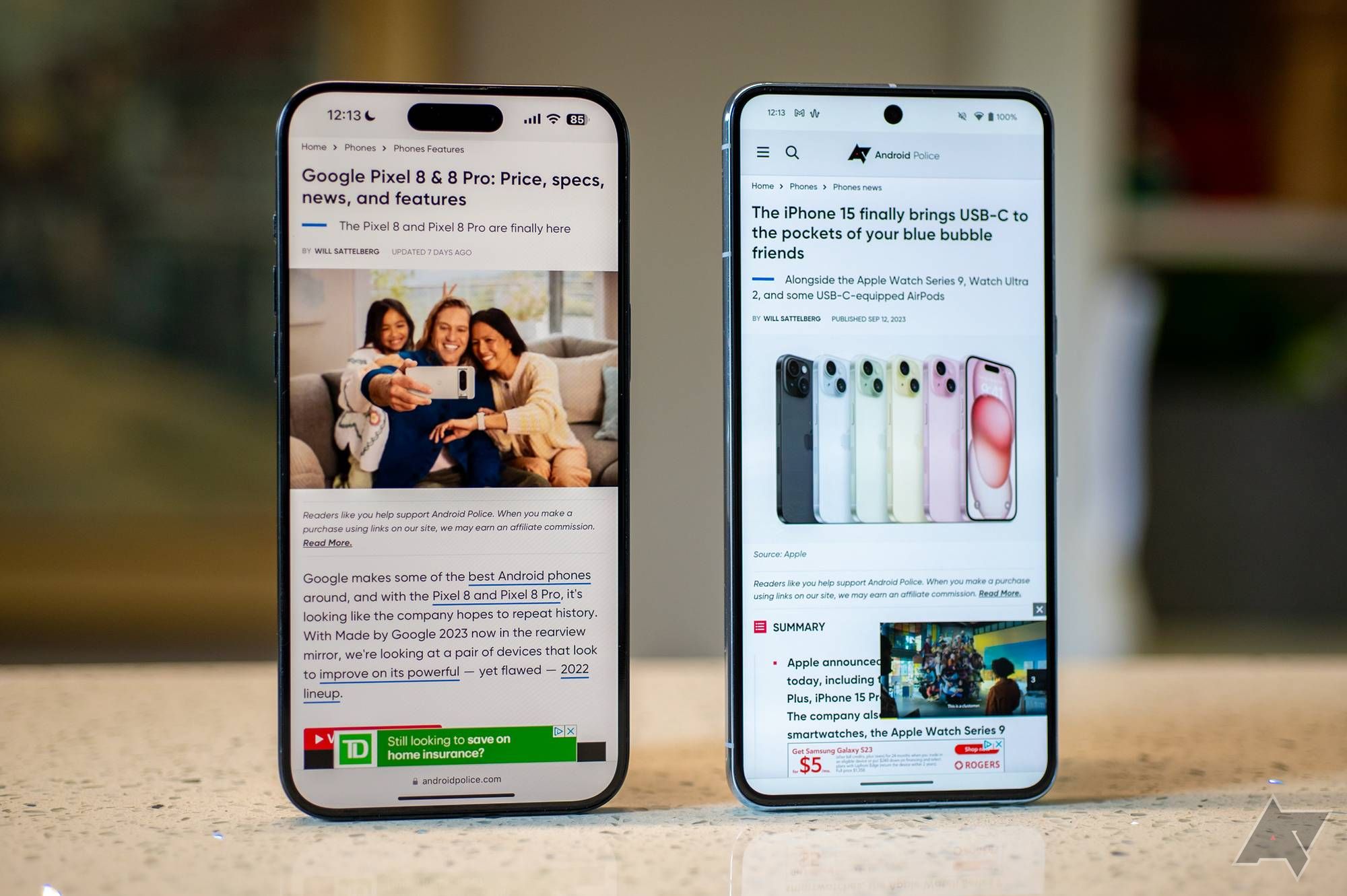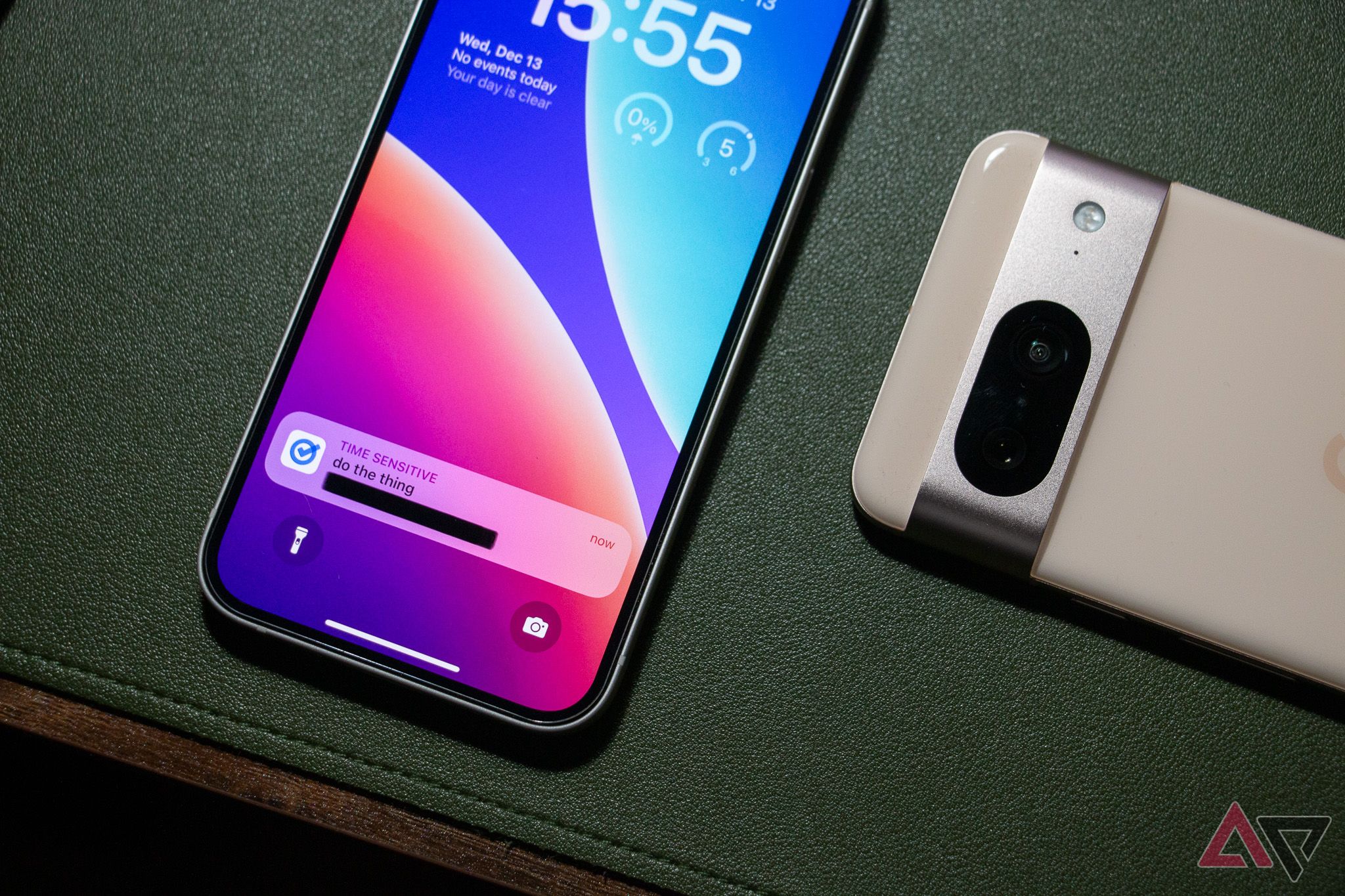Summary
- On the heels of iOS 17.4 adding support for third-party app stores, Apple is planning new changes to iOS to comply with the EU’s DMA.
- Changes include the ability to fully uninstall Safari & importing/exporting browsing data to other apps, with an Android migration tool planned for fall 2025.
- Becuase these changes are designed with the Digital Markets Act in mind, Apple may not extend them globally due to lack of regulations outside the EU.
The EU-based dominos for Apple continue to fall. On the heels of this week’s release of iOS 17.4 — which, among other things, preps the iPhone for third-party app marketplaces to arrive in Europe — we’re learning more about what the Digital Markets Act (or DMA) means for Apple’s mobile future. In addition to those external App Store rivals, the company plans to add even more functionality to the platform, including an option that might make migrating to Android a whole lot easier.
As first reported by The Verge, Apple released a compliance document timed with this week’s arrival of the DMA. In many ways, this document is classic Apple, filled with fears surrounding any changes to its walled garden experience, all while highlighting what little the brand can do to implement “protections” to keep its European users safe from this newfound sense of freedom. But in between the brand’s overabundance of concerns and disagreements is a confirmation of some of the other changes coming to iOS over the next several years.
The iPhone’s walled garden might feel a lot less restrictive
But likely only if you’re in the EU
iOS 17.4 already adds a (pretty bad) browser selection screen when you first boot your phone after upgrading, but by the end of 2024, Apple plans to allow users to fully uninstall Safari from their device. Similarly, iPhone users will be able to export and import browsing data from Safari into the app of their choice, with a planned launch somewhere between late 2024 and early 2025. This should mean years of browsing data could be taken into Chrome, without having to worry about losing your most visited sites or your full history.
But the big one — at least as far as this site is concerned — is a planned route for Android migration. Apple, unsurprisingly, doesn’t refer to Android by name, but it does lay out its plan to build a tool that allows you to transfer user data from an iPhone to a “non-Apple phone.” It’s specifically referred to as a “user-friendly solution,” which suggests that dropping your old iPhone for, say, the Pixel 9, might not feel like pulling teeth. That said, Apple’s not aiming to have this feature out until fall 2025, so maybe make that the Pixel 10 instead.
Like Apple’s third-party app marketplaces, it’s tough to imagine these tools launching on a global stage. Although the iPhone 15 lineup did ship with USB-C — at least in part inspired by new EU rules — the company is clearly far less interested in bringing these software solutions to any region where it isn’t strictly required by law. Google does offer its own app for moving data to Android, but obviously, it’s limited on what it can and can’t scrap from iOS. iPhone users have noticed, too — it’s currently sitting at just three stars on the App Store, though that’s not too much lower than the 3.5 star rating Apple’s “Move to iOS” app has garnered on the Play Store.
If this tool does stay locked to the EU, it’d be a shame. Apple clearly believes it offers the best mobile experience you can buy today — its executives have said as much on stage. If Apple really believes its success isn’t due to platform lock-in, adding the option to easily leave iOS for, say, any of the excellent foldables you can buy today would be putting its money where its mouth is. Alas, the company is being pushed to make these changes due to government regulation, and without similar actions taking place in the US, don’t expect any of these improvements to make their way stateside.

I tested Apple’s EU-only iOS 17.4, and it doesn’t feel any closer to Android (yet)
The EU forced Apple to open up its platform, but there isn’t much to see right now





